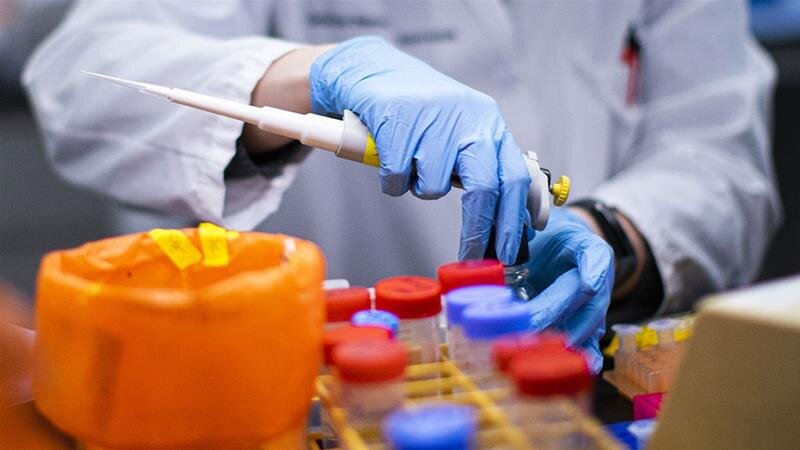Sri Lanka Banks Association (SLBA) representing all commercial banks in the country yesterday stressed the urgent need for the development of an effective insolvency regime in response to the sharp rise in loan defaults in the country.
The SLBA suggested that parliament’s attention should be given to improving the management of troubled debt, especially for small and medium-sized enterprises (SMEs), by implementing a robust restructuring framework or facilitating the exit of non-viable firms to reallocate productive assets.
The Association pointed out that the rise in debt recovery actions during the first four months of 2023 was a result of accumulated legal actions that were previously suspended due to the general moratorium granted by the Central Bank since the first quarter of 2020, as well as the impact of the 2019 terrorist attacks and the COVID-19 pandemic on the tourism industry.
SLBA highlighted that relief measures, including moratoriums and restructurings, provided over the past three years amounted to over Rs 2 trillion, benefiting a large number of retail and corporate customers.
“Of approximately Rs.10.8 trillion in gross loans extended by the banking sector as at March 31, 2023, relief by way of moratoriums, restructurings and other forms of payment relief offered over the last three years amounts to well over Rs.2 trillion,” SLBA said in a statement.
“As per estimates, this has benefitted well over one million customers across both retail and corporate segments in one form or another. This also includes approximately Rs. 1.3 trillion in facilities with deemed elevated levels of risk, and we have not hit the bottom yet,” it added.
“SLBA’s main aim is to help develop and maintain stability of the banking system within the Central Bank (CBSL) regulatory framework. Protecting the safety of customer deposits and investor/shareholder capital, is crucial to achieving this goal,” it further said.
The Association acknowledged that certain businesses and individuals borrowing from banks are currently unable to meet their obligations. These defaults stem from various factors, including economic disruptions caused by internal and external forces such as the global COVID-19 pandemic.
The SLBA cautioned against lobbyists representing defaulting borrowers who seek preferential legislative intervention without considering the macro-economic impacts on the nation.
The Association warned that preserving the status quo of failed borrowers at the expense of depositors jeopardizes the stability of the banking sector and the overall economy it supports.
“It is therefore hoped that the lobbyists who appear to have been engaged by the troubled borrowers/ businessmen will encourage a Central Bank led engagement with the commercial banks to ensure that the decision-making process is comprehensive and well-coordinated in alleviating the stress felt by the industrialists in default,” the SLBA statement said.
The SLBA in its statement further highlighted the multiple debt repayment moratoria granted and renewed by banks, primarily funded from their own resources, to alleviate the repercussions of the April 2019 terror attacks, the March 2020 COVID-19 pandemic, and the ongoing 2021 economic crisis, which continue to burden the people of Sri Lanka.
“This has raised the level of non-performing debts and has subdued capital formation and ability to provide credit to the economy. Complacency that capital and liquidity measures currently exceed regulatory minimum criteria is a false comfort,” the statement cautioned.
“When credit quality continues to deteriorate year-on-year and deposits continue to provide the main source of funding, the banking sector has no space to manage a suspension or delay of debt recovery,” the statement said.
source daily mirror





